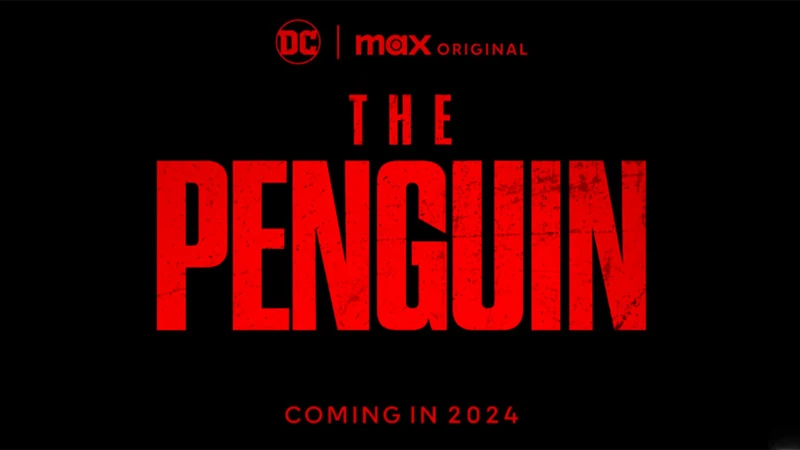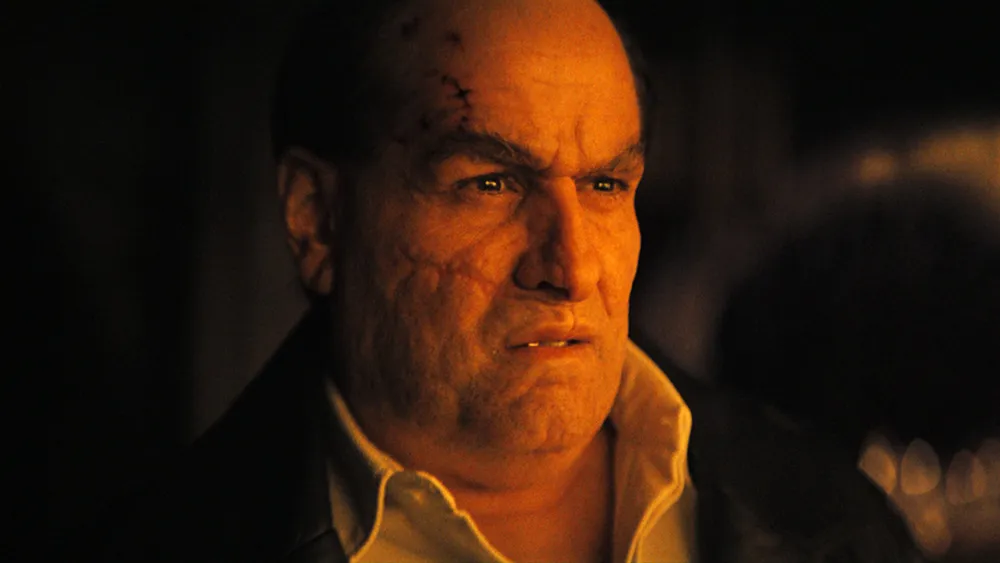Series Review: The Penguin
2022’s The Batman was a revelation in many ways. Director Matt Reeves created a moody, intense, previously unseen version of Gotham City. This was a city of a kin to the most seedy cities in our real world. By creating this grounded version of Gotham, he had a task on his hands to make it seem as lived-in as possible, and no character embodied the mangled, twisted mess of a city than Colin Farell’s The Penguin (Oz Cobb by name). Completely unrecognizable in face, voice or gait, his performance in the film was a revelation, and he was instantly one of the most interesting characters in the entire movie.
With this in mind, it was not surprising to hear that this character would be receiving a spin-off show centred around his ascent to power. We needed more Penguin in our lives, and the minds at the newly established DCU (DC Universe, replacing the DC Extended Universe or DCEU) duly obliged and gave the people what they wanted.

The Penguin is simultaneously a character study of Oz Cobb and a record of his ascent to power in Gotham. This is classic noir. Set against a backdrop of a corrupt, waterlogged city (after the events of The Batman), mobsters scheme, plot, kill, and lie as they attempt to lay claim to the city and fill the void left by the death of Carmine Falcone in the film.
Colin Farell gives one of the most impressive performances of his career here. Deformed and unrecognizable beneath a pockmarked and scarred face, bearing the pain of a club foot that requires a brace and which gives him a waddle as he walks – hence the nickname. His grotesque appearance plays to his advantage, either when he’s threatening people with violence, or playing dumb to cover his whip-smart mind. The Penguin is fuelled by personal discontent but driven by a lust for power that lends him the charisma to control events. The world takes one look and underestimates him, while he uses people like chess pieces.
We meet Oz in the aftermath of the death of his boss Carmine Falcone (played by John Turturro in the film ). With Falcone dead, the power gap needs to be filled by his son Alberto… or someone else, as the various crime families jockey for position over control of the ‘drops’ industry, the drug of choice for Gotham’s underclass.
The surface similarities between The Sopranos and The Penguin are hard to ignore: Both depict rival crime families, betrayals, shifting allegiances, vendettas, and both revolve around a sociopathic mobster capable of horrible violence who’s also an open emotional wound. Like The Sopranos, The Penguin is a psychological drama dressed up in mob clothing: It delivers its pulpy, satisfying thrills alongside its more esoteric, intellectual pleasures.
But the similarities don’t end there: There was always something incisive about The Sopranos – for all its brutality and soapiness, it found humanity in the inhumane and soulfulness in even the most soulless act. Its characters were crude, but the way the show understood them, and presented them to us, was elegant.

The Penguin doesn’t reach the heights of The Sopranos, but it similarly seeks to examine the roots of violence and comes away with some pretty ugly answers—compelling but ugly.
In the end, The Penguin is the tale of a thug who becomes a boss and the sacrifices he all-too-willingly makes along the way. That it succeeds as thoroughly as it does may be surprising, given its provenance as yet another Batman-without-Batman nugget of Warner’s IP, but the creators’ refusal to coast on what has gone before and their willingness to let Farrell and Milioti dig into their characters so we can all sit back and watch them work with what they’ve unearthed is what makes for greatly satisfying TV.
9/10
All episodes watched for review via ShowmaxNG.
Boluwatife Adesina is a media writer and the helmer of the Downtown Review page. He’s probably in a cinema near you.



